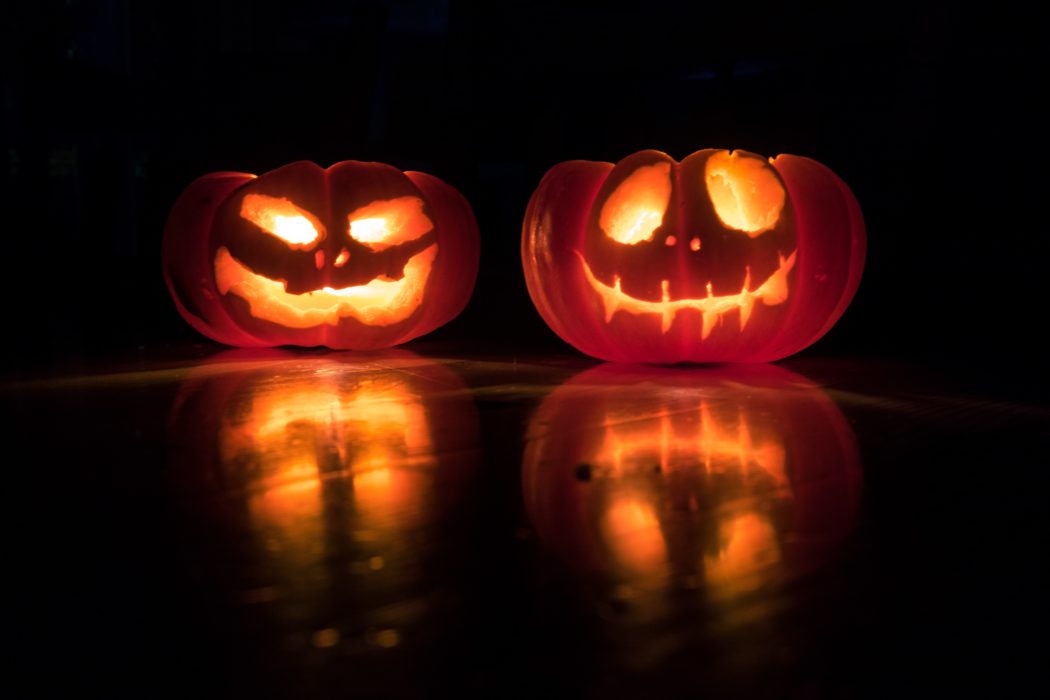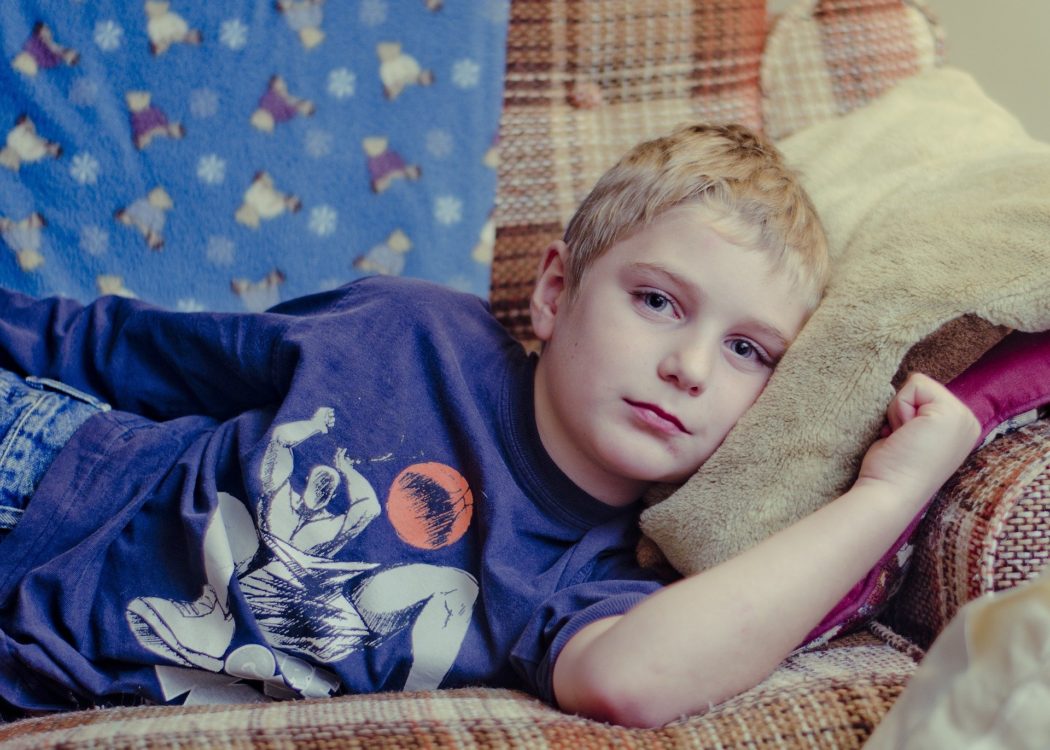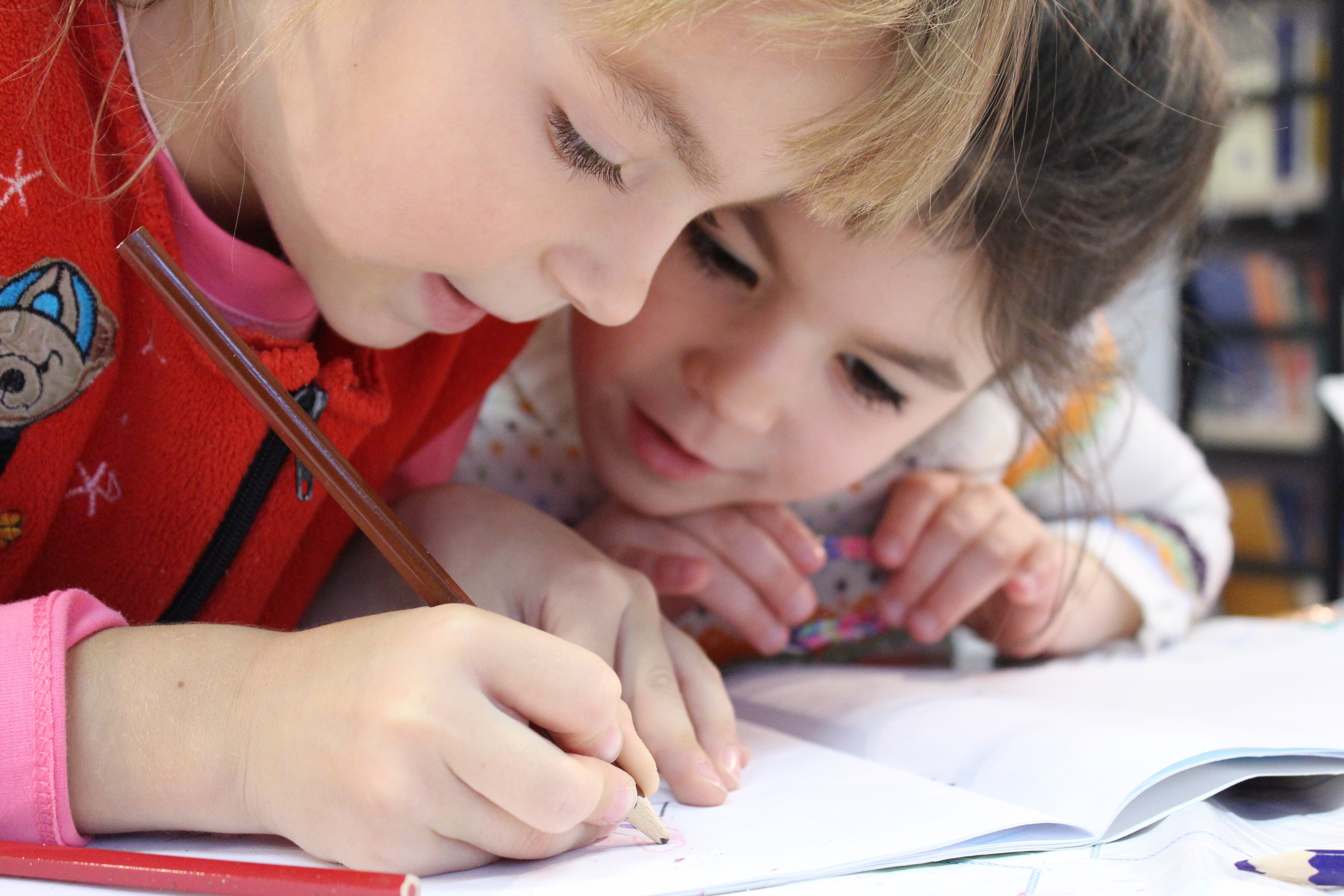Halloween in Australia is definitely going to be different this year. While restrictions surrounding COVID-19 have eased for some states throughout the year, others are still in lockdown. There’s no doubt that many kids have been wondering if they can go trick or treating and celebrate other Halloween traditions this year, so here is a state-by-state guide on the restrictions around Halloween, as well as some fun alternatives for those in lockdown or under strict COVID rules.
Western Australia
Restrictions in WA have eased up in the past couple of months, so Halloween will be back to normal this year. There are no limits on outdoor gatherings or house parties, but just make sure that hand sanitizer is available, and try to maintain a 1.5 metre distance when going house to house.
South Australia
Halloween in SA will be just as spooky and fun as every year, but with some added precautions. There are no restrictions on outdoor gatherings, but inside the home, there’s a limit of 50 people – so the big Halloween parties will have to wait until next year. Keep a 1.5 metre distance as usual, and make sure to wash your hands before heading out.
Northern Territory
Coronavirus shouldn’t affect those in Northern Territory this Halloween, but the NT government is still urging everyone to be safe. Social distancing and using hand sanitiser is still mandatory, but Trick orTtreating can go ahead as normal this year. It’s a good idea to only visit the houses in your street or local area, and to practise good hygiene.
Queensland
On the 16th of October, Queenslanders could officially gather in groups of 40 both indoors and outdoors, so Halloween parties and trick or treating are good to go this year. As with the other states, using hand sanitiser and distancing is vital this Halloween.
New South Wales
Celebrating Halloween in New South Wales is going to be different this year, but that’s not going to stop the fun. Instead of greeting Trick or Treaters at the door, households participating in Halloween are encouraged to utilise their front yard instead, keeping a 1.5 metre distance.
The NSW Department for Health suggests placing hand sanitiser in the front yard for extra precautions, and urges candy to be individually wrapped and not placed in bowls. Restrictions on outdoor gatherings maintain that no more than 20 people can be gathered in one place, so be sure to stay clear of busy houses.
ACT
Good news ACT – there are no restrictions on indoor parties and outdoor gatherings are limited to 100 people, so Halloween can function as normal. Aside from the usual social distancing rules, Trick or Treaters are free to go door to door; just make sure there’s plenty of hand sanitiser available.
Victoria
Unfortunately for those in Melbourne, traditional Trick or Treating won’t be happening in 2020. With the current restrictions, up to 10 people from two different households can meet in a public outdoor space, so going door to door is out of the question this year.
The Victorian Department of Health and Human Services has said that Trick or Treating may be allowed in regional Victoria, but to be on the safe side, its best to stay home this year.
Tasmania
Restrictions in Tasmania allow for 20 people to gather indoors or in one house, so small Halloween parties are still allowed this year. Despite this, the Tasmania Government is urging children and parents to be safe while celebrating Halloween. Instead of traditional Trick or Treating, small gatherings of friends and family members is suggested.
Trick or Treating alternatives
For some states in Australia, Halloween will be more restricted, but that doesn’t mean that it has to be cancelled. Kids of all ages can still get in the spirit of Halloween and go Trick or Treating, even if it’s not door to door.
For costumes, consider using or making a costume that incorporates a mask.
Superheros are a popular choice, but if your child wants to be a pirate or a fairy, they can still dress up and stay safe. Decorating masks for Halloween can not only teach your child about protecting against disease, but it is also a creative and fun activity that gets them excited for the spooky season.
Trick or Treating in states like Tasmania and Victoria can still be fun and entertaining. If possible, ask family members or friends to assist with a Halloween scavenger hunt in your backyard, or in a public park. Kids will still get the Halloween experience without breaking restrictions, and Halloween at home can be just as exciting. For older kids, an at home Halloween house with friends or family members can be a spooky and thrilling experience too.
For states like the Northern Territory or New South Wales where social distancing is strongly encouraged, swap out the communal candy bowl for a more creative Halloween solution.
Try hanging candy bars from a tree or balcony, making pre-packaged or wrapped lolly bags, or leaving sweets along a wall or fence for trick or treaters to collect.
Have a happy (and safe) Halloween this year.








